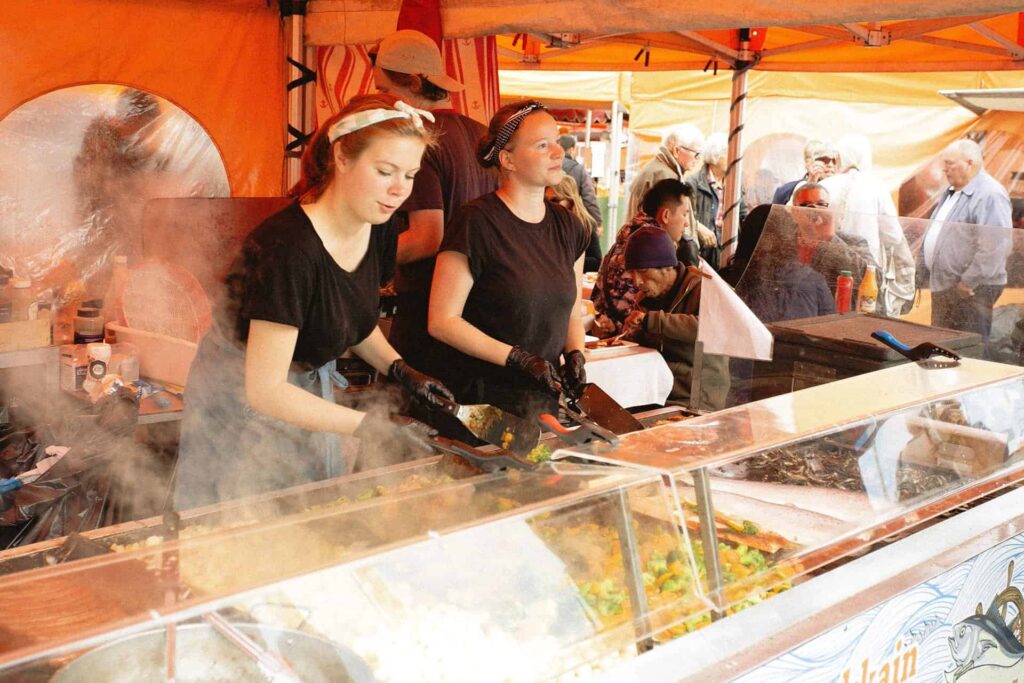History
Background
The Feyli Kurds claim to have originated in the Zagros mountain range of Iran. For centuries the Feylis have lived in the border area between Iraq and Iran on both sides of the Zagros Mountains. The Feyli Kurds are largely a Shia Muslim Kurds or Lurs whose heartland is divided between Ilam, Kermanshah provinces in Iran and Diyala Governorate in Iraq. Generations ago, their ancestors moved to Iraq and integrated successfully with local communities, living in Baghdad, the Diyala Province of Iraq, and in the Southern Governorates of Wassit, Missan and Basrah. They speak the Feyli dialect of Southern Kurdish.
During the Ottoman period and after World War One, Feyli Kurds who had been living in the territory of Iraq had the choice of registering as Ottoman (later Iraqi) or Persian/Iranian subjects. Many chose to align themselves with Iran while continuing to reside in Iraq (they were issued with shenasnamehs by the Iranian consulate). Iraqi citizenship laws enacted in the early years of the Iraqi state cemented these
distinctions by classifying citizens as of Ottoman or Persian descent. The 1924 Nationality Law of Iraq declared all inhabitants of Iraq who did not have Ottoman citizenship but had acquired Iraqi citizenship as “Iraqis of formerly Persian ‘dependency’”.
In the late 1960s, 1970s and 1980s, the Iraqi Ba’ath regime utilised this classification to revoke the citizenship of and expel those it viewed as Iranian, disloyal to Iraq and opposed to the Government. These included Shi’a Arabs and Feyli Kurds. Mass deportations began in 1969 and continued into the 1980-1988 Iran-Iraq war. It has been reported that the deportations took place in two stages: the first stage took place between 1969 and 1971 and the second in 1980.
In 1980, Iraq’s Revolutionary Command Council issued Decree No.666 which allowed for the citizenship of ‘Iraqis of foreign origin’ to be revoked. Subsequently a large number of Feyli Kurds were forced across the border into Iran. They were stripped of their Iraqi nationality and had their property, assets and personal documents confiscated.Estimates of the number of Feyli Kurds deported from Iraq to Iran range from tens of thousands to hundreds of thousands. Many of the families that were deported to Iran were highly educated, economically successful and held ranking positions in the government. Feyli Kurd refugees were initially settled in in border provinces of Ilam and Khuzestan (Ahwaz), as well as further inland, in camps like Jahrom, also known as Dastgheib camp.
From 2002 to 2014
The majority of Iraqi refugees residing in Iran were registered during a
comprehensive registration programme referred to as Amayesh registration. From
2002-3 the Amayesh scheme had replaced previous refugee registration processes,
becoming the sole system through which a refugee status could be renewed.
Refugee registration cards (or ‘temporary resident cards’), referred to as Amayesh
cards, are renewed annually. Amayesh registration enable refugees to access basic
services and work permits, and contain information about the town and province the
card holder is permitted to reside in. Children born to Amayesh card holders are also
generally issued with Amayesh cards. To renew an Amayesh card, refugees are
required to pay municipal taxes and a card renewal fee. Amayesh cards are
renewable provided that the relevant conditions, such as the payment of municipal
taxes, are met.
Apart from Amayesh cards, Feyli Kurd refugees in Iran may be able to present other
documentary evidence that may assist in establishing their refugee status in Iran,
including a registration slip issued by Iran’s Bureau for Aliens and Foreign mmigrants
Affairs (BAFIA), documents issued by refugee camps and settlements and health
insurance cards.
The majority of Feyli Kurd refugees are likely to be registered and hold valid
Amayesh cards. There are also Feyli Kurds who live in Iran without documentation
and/or being registered with the authorities. These may include refugees who failed
to renew their Amayesh cards in time or comply with the terms of their prior registration, and those who exited and then returned to Iran (through official border
crossings). The number of unregistered Feyli Kurd refugees in Iran is unknown, with
the actual number likely to be low.
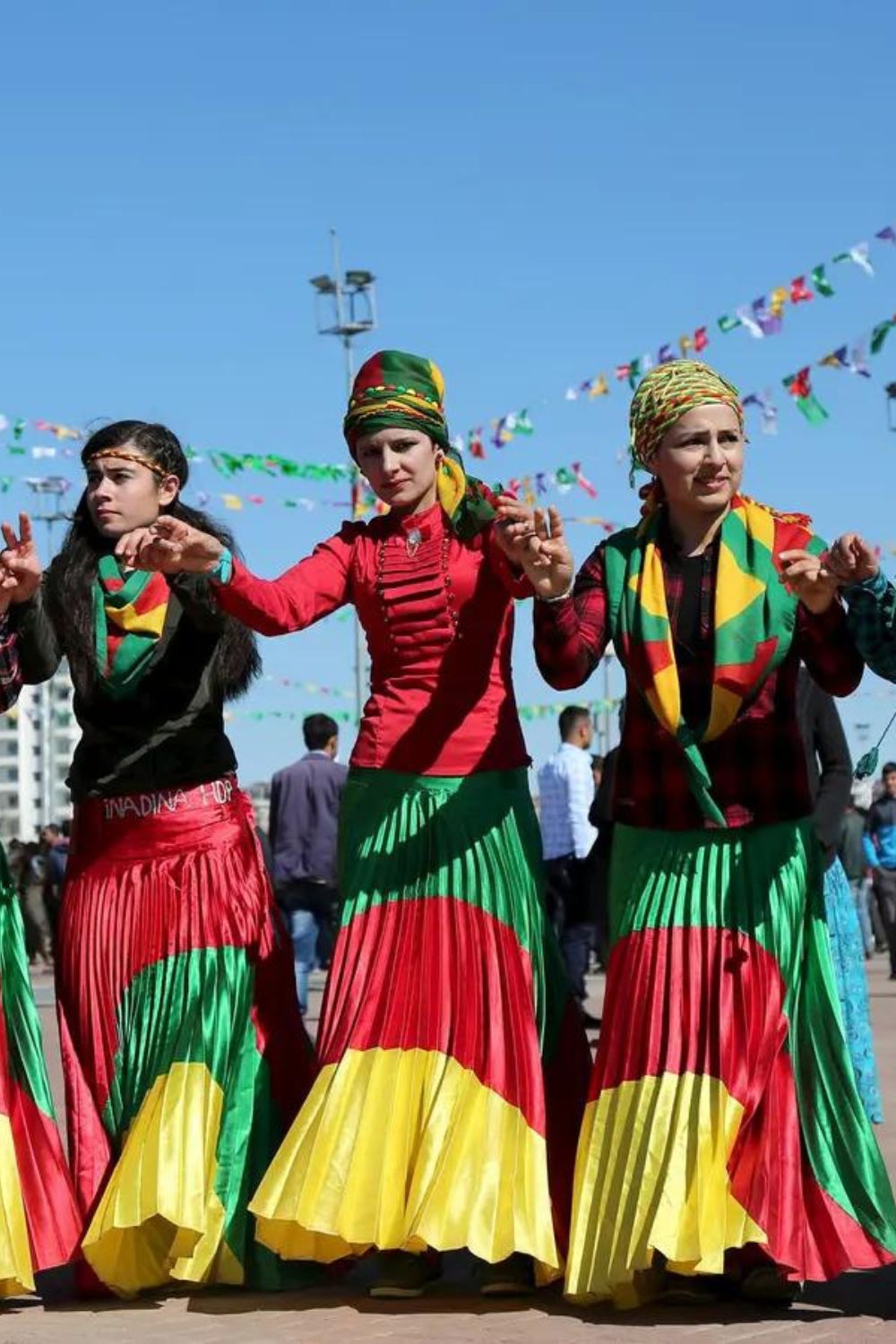
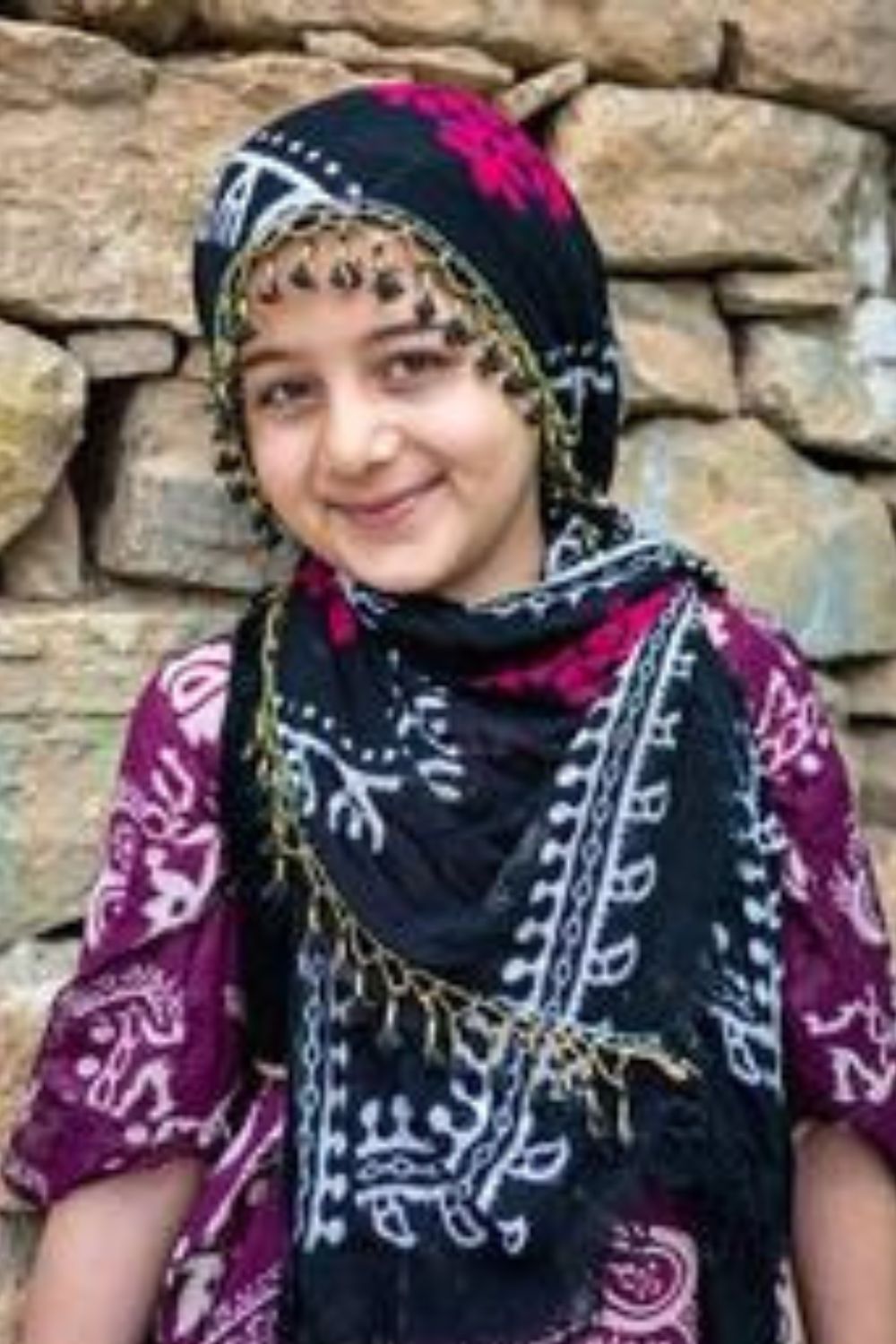
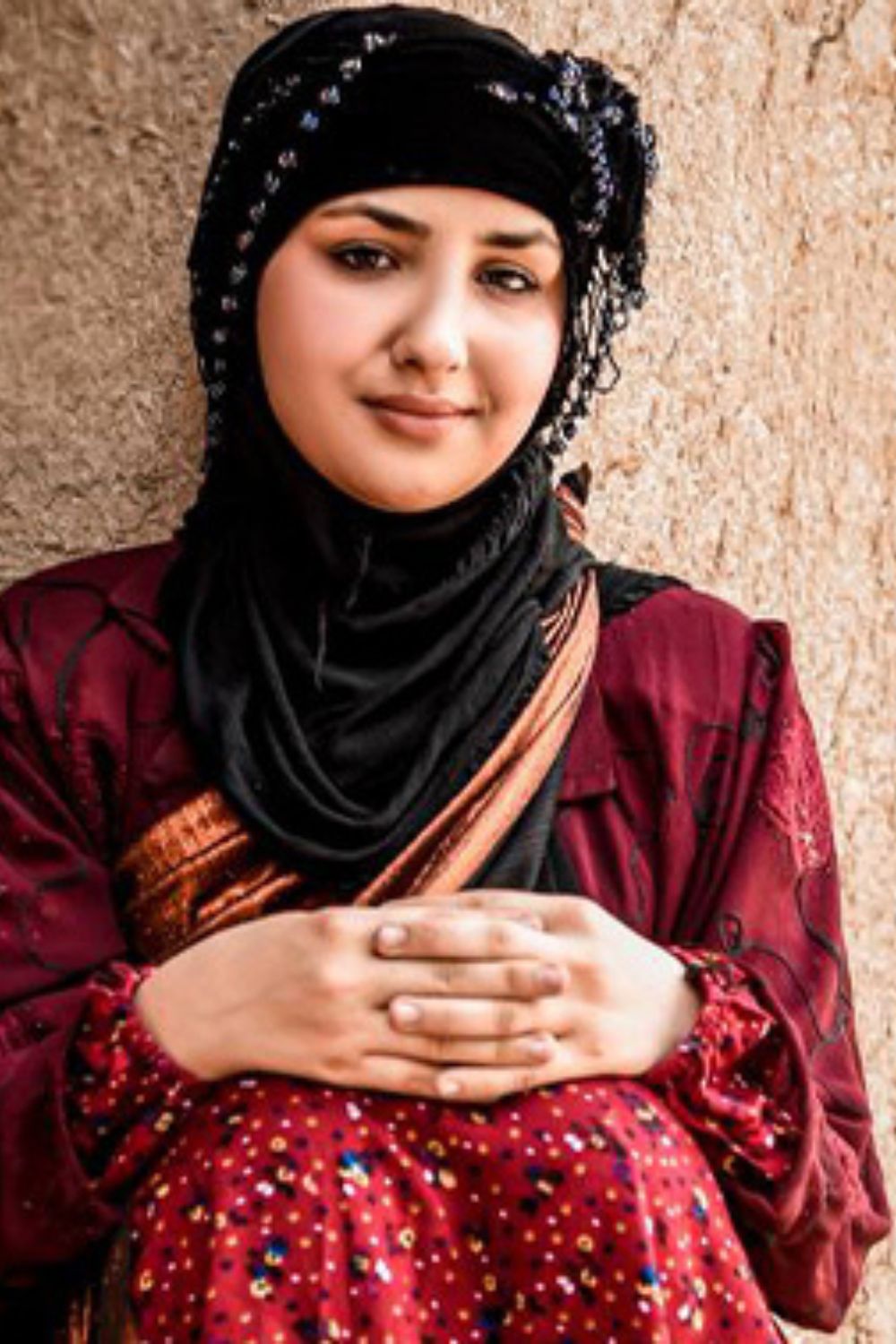
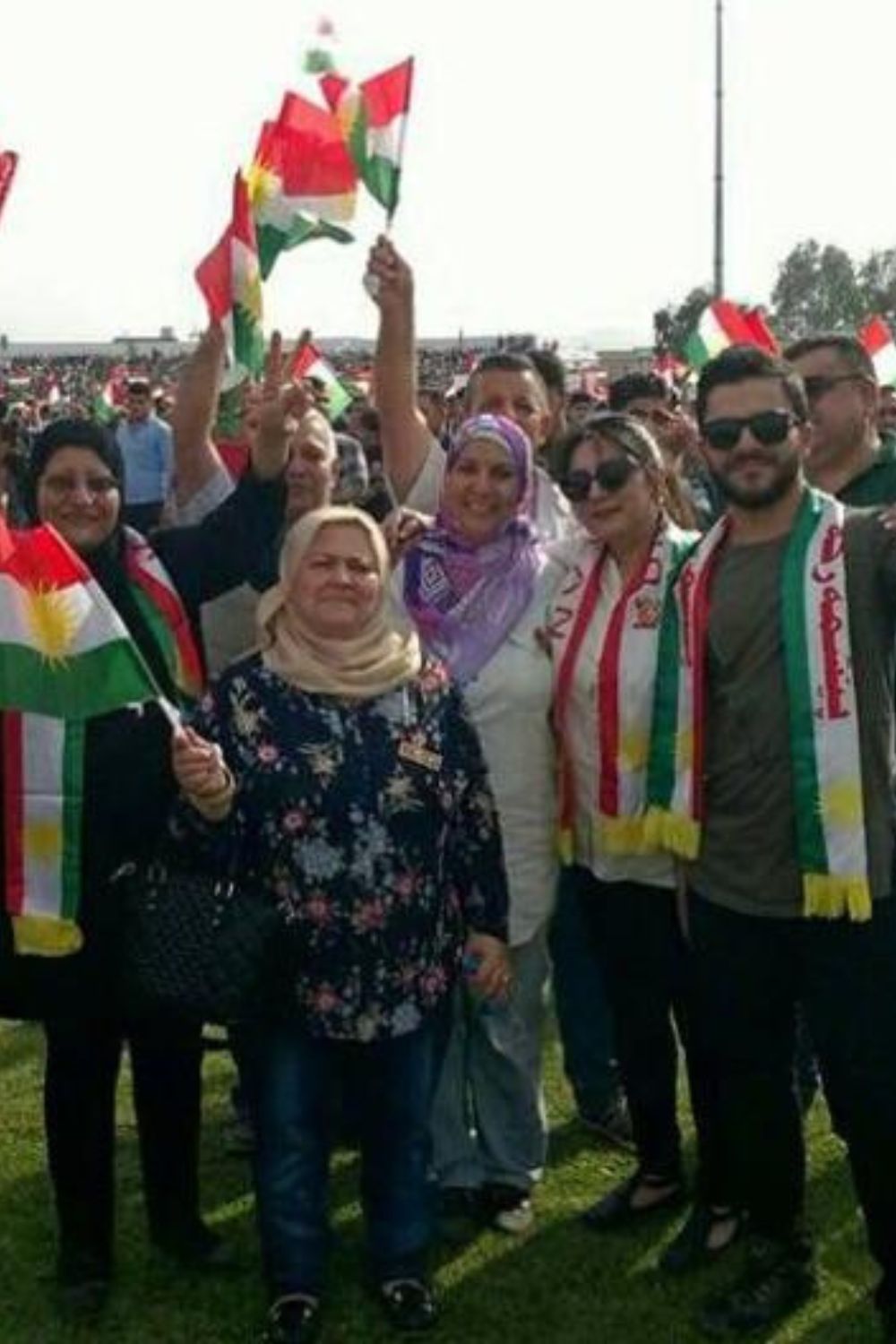
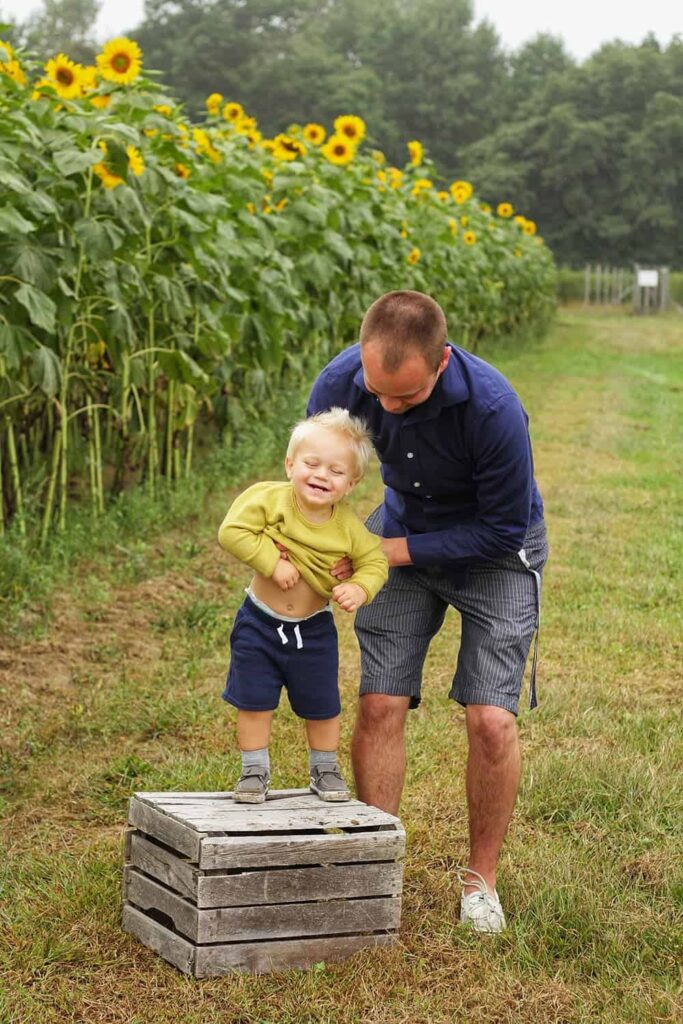



Feyli Kurd refugees have mainly settled in the Iranian border provinces of Ilam and, Kermanshah which are majority Kurdish-inhabited provinces, with Iranian Kurds who speak Southern Kurdish (and Farsi). The Iranian Shiite (Shia) Kurdish minority in Iran are fully integrated into Iranian society, have full rights as Iranian nationals and are not subject to discrimination by authorities. Feyli Kurd refugees have also settled in Lorestan and Khuzestan provinces, Tehran and Yazd. The 2006 Iraqi Nationality Law repealed decree 666 and states that all persons that had been denaturalized by the former government should have their Iraqi nationality reinstated. According to the Iraqi Ministry of Displacement and Migration (MODM), since 2003 about 20,000 families (or roughly 100,000 individuals) have had their citizenship reinstated. In order to reacquire Iraqi citizenship, Feyli Kurds need to show that they were registered during the 1957 Iraqi national census.
A May 2013 report by The Institute for International Law and Human Rights (IILHR) reported that according to Iraqi authorities 97 per cent of “denaturalised” Feyli Kurds, both those living in and outside Iraq, have had their Iraqi nationality restored. Over the past 30 years the majority of Feyli Kurds expelled from Iraq, and their children, have managed to obtain Iranian nationality through paternal lines or marriage (female Feyli Kurds marrying an Iranian national) or have been recognised as Iraqi citizens by the Iraqi authorities and issued with Iraqi Identity cards and passports. Numbers of Feyli Kurd refugees in Iran have reportedly decreased since 2003, with voluntary repatriations to Iraq. It was likely that the majority of Feyli Kurds were registered as refugees under the Amayesh program. In 2008, an article published by the UNHCR stated that there were believed to be some 7000 registered Feyli Kurds remaining in Iran. In 2010, it was reported that there were 4000 unregistered Iraqi refugees in Iran.
In 2011, the UNHCR reported that there were 5719 registered Feyli Kurd refugees in Iran. Feyli Kurd refugees mainly reside in the Iranian provinces of Kermanshah, Ilam, Lorestan and Khuzestan as well as the major cities of Tehran, Yazd and Qom.
The majority of Feyli Kurd refugees live in urban areas with only a small number residing in refugee settlements. In May 2012, the UNHCR advised that 3344 Feyli Kurd refugees living in Ilam and Lorestan provinces enrolled in the new health insurance scheme for refugees in 2011. According to a June 2014 UNHCR report, since 2003, almost 30,000 Iraqi refugees have been assisted to repatriate voluntarily. Another 2014 UNHCR report noted that at the end of 2013, there were approximately 43,000 Iraqi refugees in Iran, which includes Shi’a Arabs and Feyli Kurds.
The Farsi website http://moavedin.blogfa.com indicates that there are between 4000-5000 stateless Kurds living in Iran who are mostly resident in the majority Kurdish provinces of Ilam and Kermanshah, as well as Lorestan and Khuzestan, who have not yet availed themselves to establish their eligibility or entitlement to Iranian or Iraqi citizenship. For this cohort they have few rights or access to government services and cannot travel outside their province of registration or obtain a travel document. It would be extremely difficult or almost impossible for a stateless Kurd to travel outside of Iran, apart from crossing the border into neighbouring Kurdish populated provinces of Iraq.


IRAN – Access to Iranian citizenship
Article 976(2) of the Civil Code of Iran states that citizenship is derived from a person’s father, regardless of the person’s country of birth. Birth within the territory of Iran does not automatically confer citizenship, unless the person is born to an Iranian citizen father. A child born in Iran will have the same status as the child’s father. Children born to Iranian citizen fathers and foreign mothers automatically assume the Iranian citizenship of their father. Non-Iranian women, including stateless or undocumented women, who marry Iranian nationals are automatically entitled to Iranian citizenship. Conversely, non-Iranian men married to Iranian national women do not automatically acquire Iranian citizenship on the basis of their marriage.
Article 976 (6) of Iran’s Civil Code states that a woman of foreign nationality who marries an Iranian national will acquire Iranian citizenship. Non-Iranian woman, including a stateless or undocumented woman, married to an Iranian national assume their husband’s citizenship automatically. At the same time, an Iranian woman cannot pass her Iranian citizenship to a non-Iranian spouse. A non-Iranian
man married to an Iranian woman could apply for facilitated naturalisation if children result from the marriage. Applications for Iranian citizenship on the basis of marriage were made at the Office of Immigrants, Bureau for Aliens and Foreign Immigrants Affairs (BAFIA).
A 2006 law provides that Iranian citizenship can also be granted to children born to Iranian citizen mothers and foreign fathers if they meet the required criteria, including applying for Iranian citizenship prior to turning 19. A 2013 Human Rights Watch report, which focuses on Afghan refugees in Iran, noted that the 2006 law permits children of Iranian mothers who are over the age of 18 to apply for Iranian citizenship if their parents’ marriage is registered; they do not have a criminal record and are not deemed to be a security risk; and if they denounce their father’s citizenship.
Children born to refugees in Iran are not issued with ‘official’ birth certificates. Hospital certificates or birth records stating a child’s birth date, time and place, and the parents’ details are issued to all children born in Iran, including children of refugees. Iranian nationals present these hospital certificates for their children to the local office of the ‘Organization for Civil Registration’ for a Shenasnameh (Iranian identity booklet – commonly referred to as birth certificate) to be issued. Registered Feyli Kurd refugees are able to register their marriages, including on their Amayesh cards, while unregistered refugees are not able to officially register their marriages. Government permission is required to register a marriage between an Iranian national woman and a non-Iranian man. Feyli Kurd refugees who present documentary evidence of their Iranian ancestry are able to obtain Iranian citizenship. Where Feyli Kurd refugees can prove Iranian paternity, through their father, grandfather, great grandfather or uncle etc., they are eligible to obtain a Shenasnameh (Iranian identity booklet – commonly referred to as birth certificate), National identity card and Iranian passport.
In order to trace their paternity, Feyli Kurd refugees could approach the office of the ‘Organization for Civil Registration’ in Ilam province, which specialises in tracing Southern Kurdish family heritage or ancestry as far back as the 1920s. If Feyli Kurd refugees are able to trace their Iranian paternity through their father, grandfather, great grandfather and/or uncles, this is viewed by officials as proof of an individual’s entitlement to Iranian citizenship and identity documents, which includes the issuance of a Shenanameh and National Identity Card and eligibility for an Iranian
passport. A 2009 article published by the Centre on Migration, Policy and Society stated that Iran had granted citizenship to some 100,000 expellees from Iraq who have proven their Iranian origins. In 2014 it was reported that in recent years, the Iranian authorities have significantly improved processing of Feyli Kurds’ claims to Iranian citizenship, with a functional naturalisation process in place in Iran for Feyli Kurds.



IRAQ – resumption of citizenship
All stateless Feyli Kurds living in Iran are registered with the Iranian authorities and are issued with Amayesh cards or ‘temporary resident’ refugee cards. Feyli Kurds with Iraqi parentage can obtain an Iraqi passport from Iraqi Embassy
which needs to be stamped by MFA to obtain exit permit or travel to Iraq to obtain their citizenship certificate, Iraqi identity card and Iraqi passport. If they wish to return to Iran they will need to obtain a visa. The Iraqi Embassy in Tehran has an
established procedure to determine a Feyli Kurds right to Iraqi citizenship and once established they issue these individuals with travel documents to return to Iraq to enable them to complete the process and obtain full Iraqi identity documents.
Such individuals may also be eligible for Iraqi Citizenship, through their father or their father’s paternal ancestry.
Since 2006, Feyli Kurds of Iraqi origin, who had lost their Iraqi citizenship as a result of the previous Iraqi regime’s policies, have had the right to apply to reinstate it. The re-acquisition of Iraqi citizenship for Feyli Kurds is not automatic, with the decision to reinstate it remaining at the discretion of State authorities. The process of applying to reinstate Iraqi citizenship normally involves presenting a number of documents in person in Iraq (or attending an interview at the Iraqi Embassy in Tehran). No specific information exists on the number of Feyli Kurd refugees from Iran who had been able
to re-instate their Iraqi nationality. Sources indicated that around 16,000 to 20,000 Feyli Kurd families, including those returning from Iran, have had their Iraqi citizenship reinstated or taken steps to do so.
SUMMARY
It should be noted that Feyli Kurds who claim to be stateless are likely to have links to Iran and/or Iraq. Where Feyli Kurd can prove Iranian paternity, through their father, grandfather, great grandfather or uncle etc., they are eligible to obtain a Shenasnameh (birth certificate booklet), National identity card and Iranian passport. Feyli Kurds refugees can approach the ‘office for registration of personal information and census’ in Ilam province where they can trace their family’s heritage (ancestors) as far back as the 1920s. And if they can trace their paternity to Iran through their father, grandfather, great grandfather and/or uncles etc., this would be acceptable proof of their Iranian citizenship and entitlement to a passport.
Where they Feyli Kurds have Iraqi parentage they can obtain an Iraqi passport from Iraqi Embassy which needs to be stamped by MFA to obtain exit permit or travel to Iraq to obtain Iraqi identity documents and an Iraqi passport. If they wish to return to Iran they will need to obtain a visa. The Iraqi Embassy (and Iraqi government) does not appear to have any issues with providing travel documents to Feyli Kurds where they are satisfied they are Iraqi (either by birth or parentage). For those that are undocumented they can register with the Iranian authorities (BAFIA) and obtain an Amayesh card (temporary resident refugee card). If they can prove Iraqi heritage they can obtain an Iraqi passport from Iraqi Embassy which needs to be stamped by MFA to obtain exit permit or travel to Iraq to obtain Iraqi identity documents and an Iraqi passport. In Iran nationality and citizenship is derived through paternal lines. Children are not automatically entitled to Iranian citizenship unless their father is an Iranian citizen.
Marriage certificates also include the Iranian national identity number for both bride and groom along with other forms of identification and official documents (school records, employment records – social security, drivers licence, bank accounts etc.).
These are all indicators that a person is an Iranian national, as it is almost impossible to do anything in Iran without identity documents. Therefore, where a person of male gender claiming to be stateless, but all his children are Iranian citizens (they hold Shenasnamehs, Iranian passports – either individually or included in their mother’s passport), the father of such children would be an Iranian national and not stateless, as a child’s entitlement to Iranian nationality is through their father. The only exception is where a child born to an Iranian mother and a foreign father and as such they have no automatic entitlement to Iranian nationality.
However, they can apply for Iranian citizenship once they turn 18 and prior to their 19th birthday, but this process does take some time, and people that have acquired Iranian citizenship through this process should be able to fully document the application process and acquisition.
Details of the Iranian Shenasnameh (National identity booklet or ‘Book of Life’ – a.k.a. referred to as ‘birth certificate’) and National Identity Card are included in separate reports.

